About the port
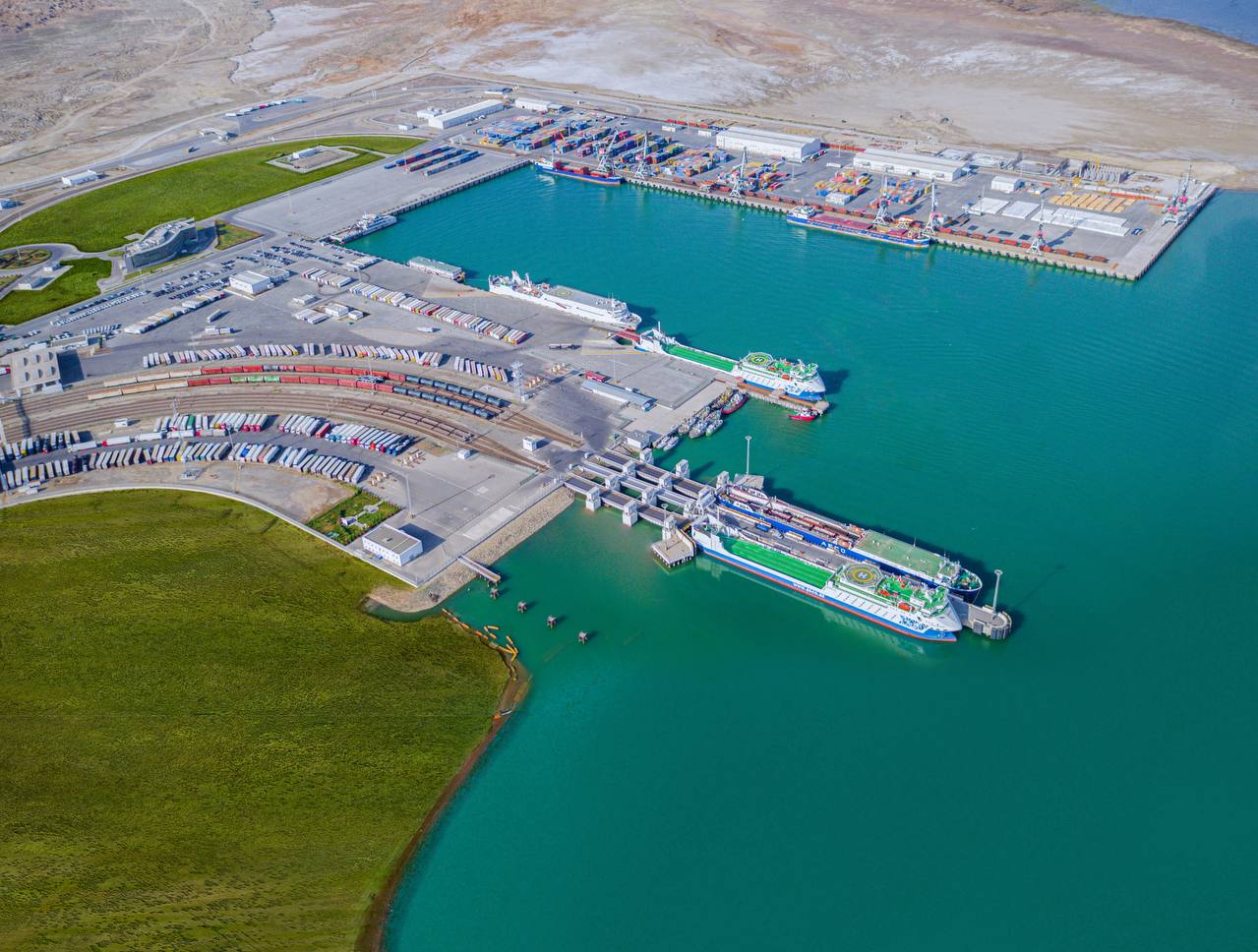
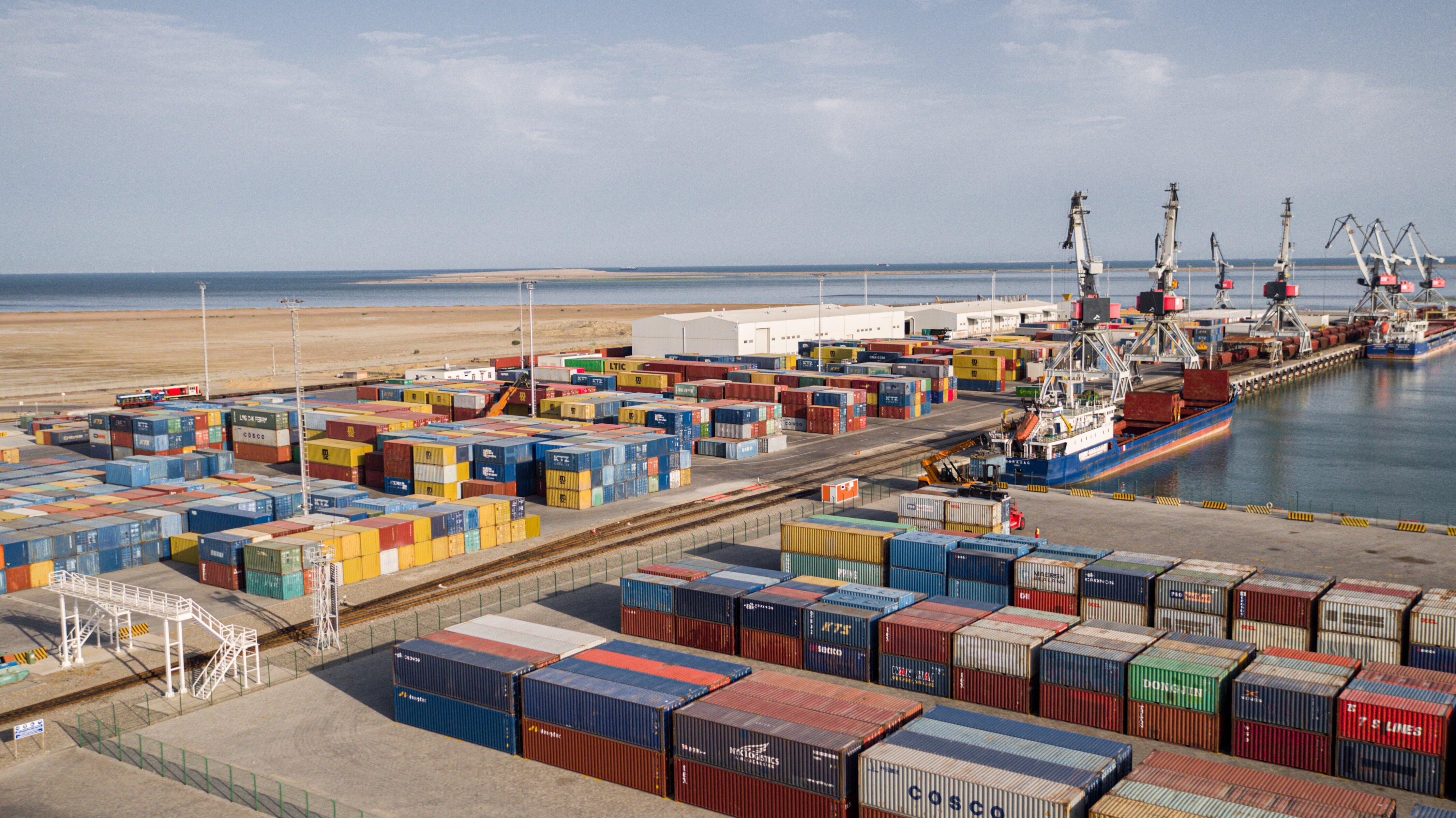
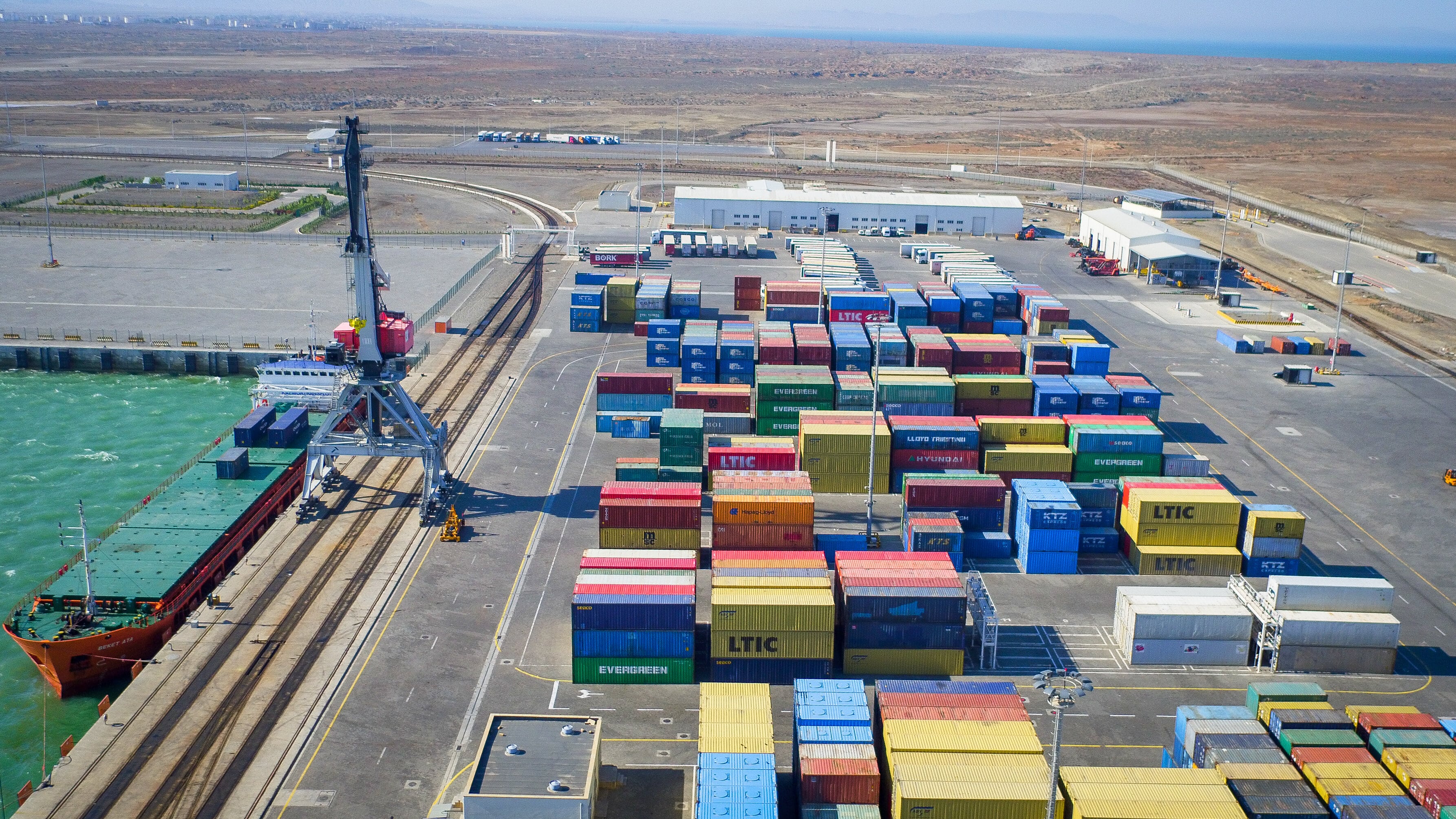
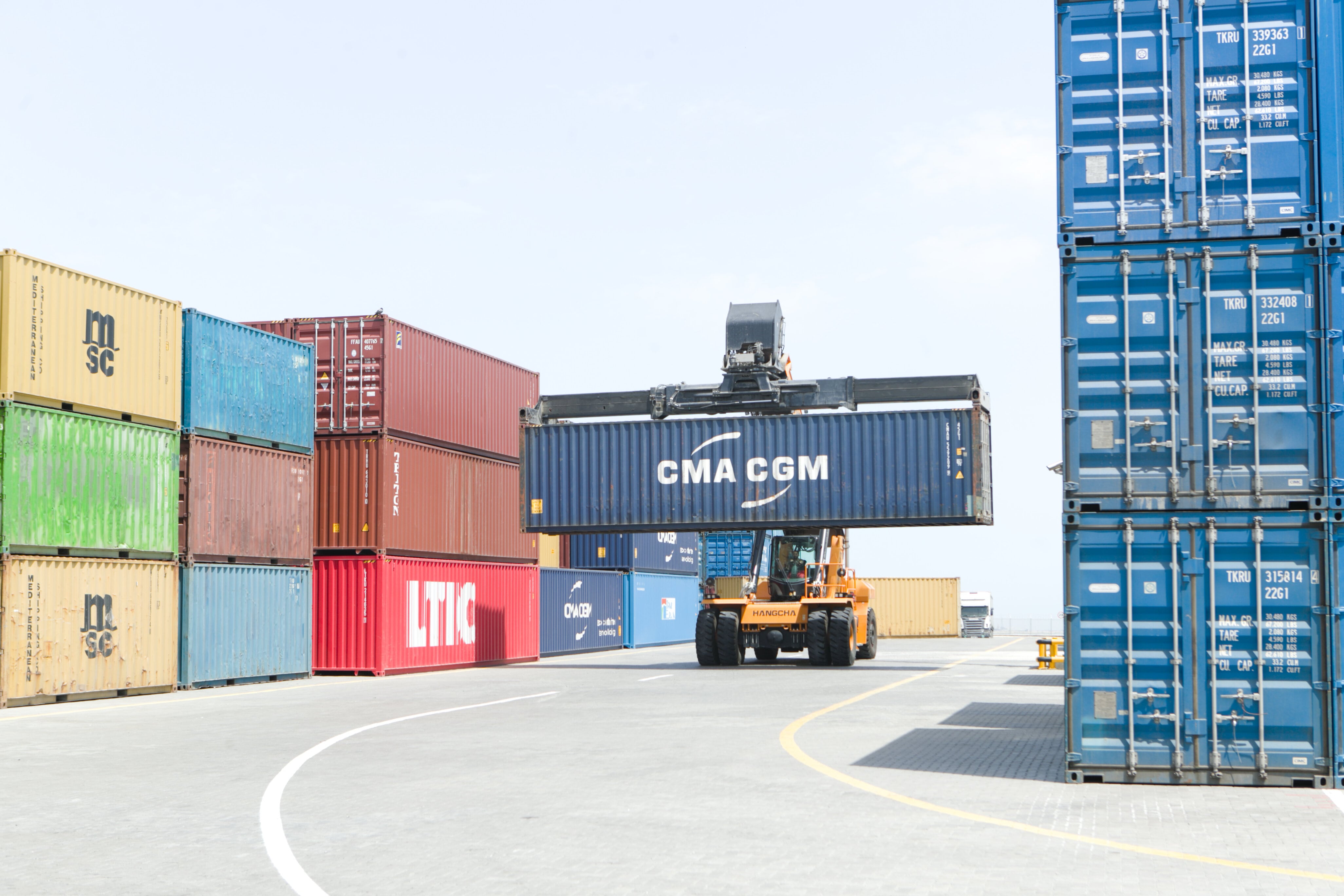
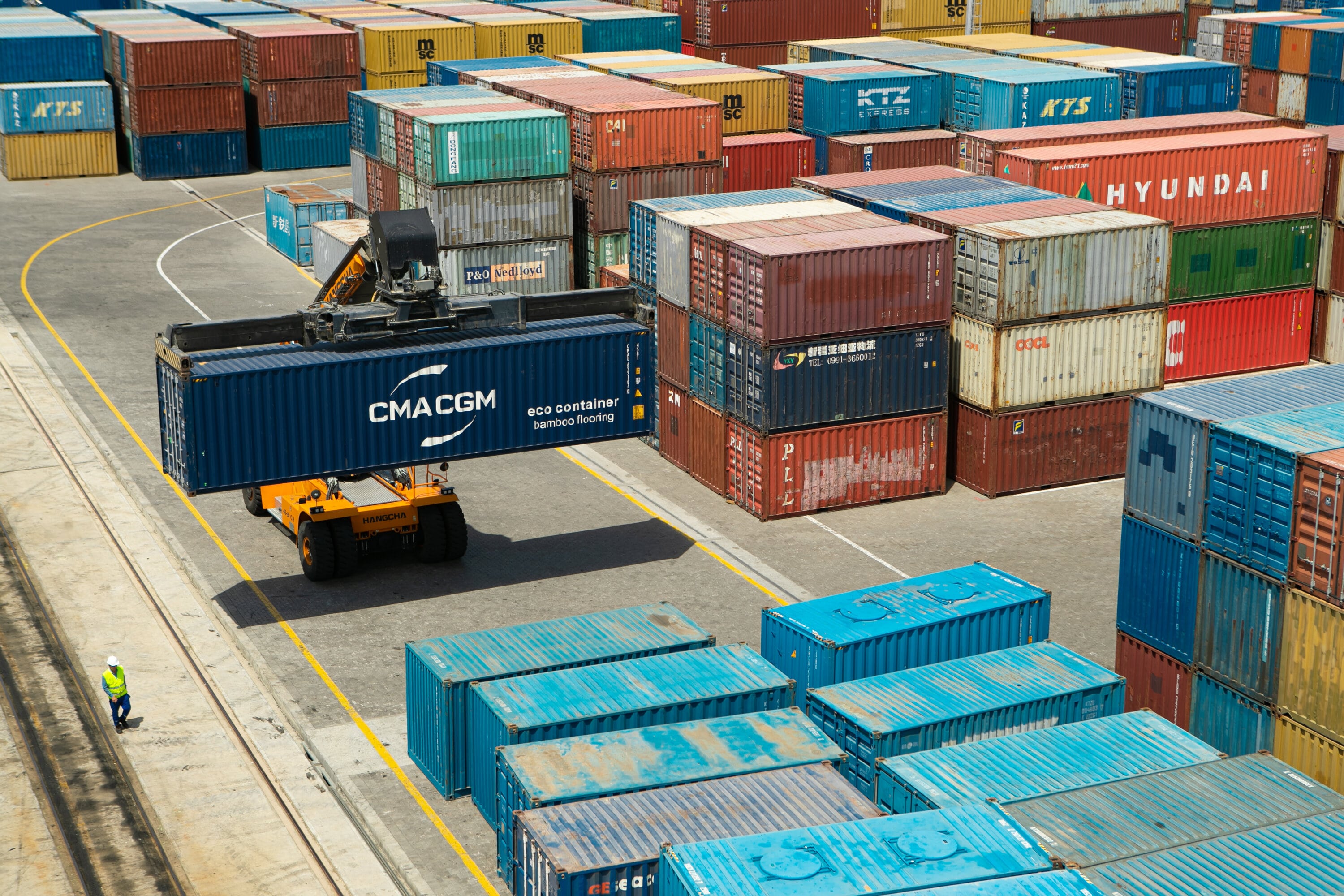
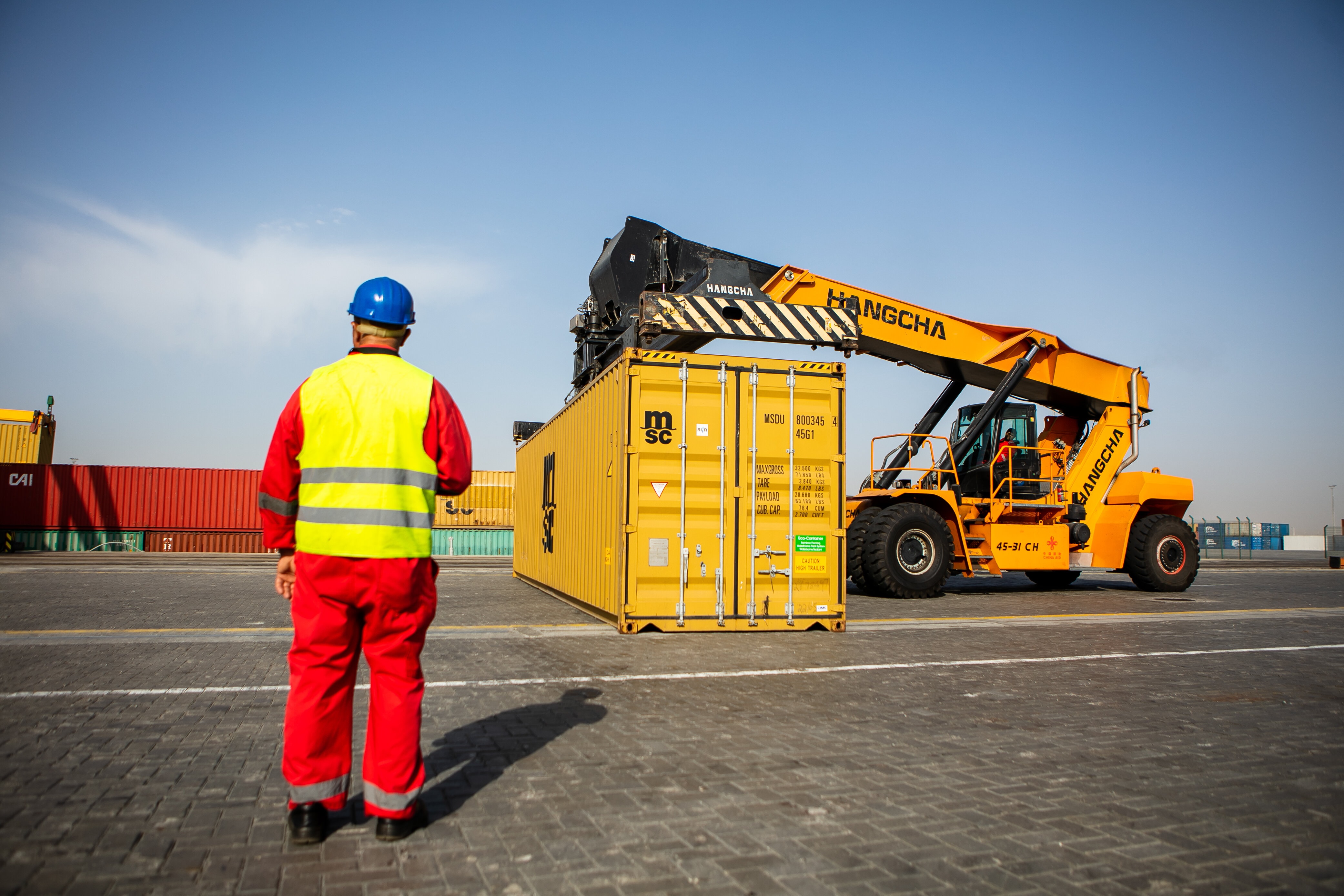
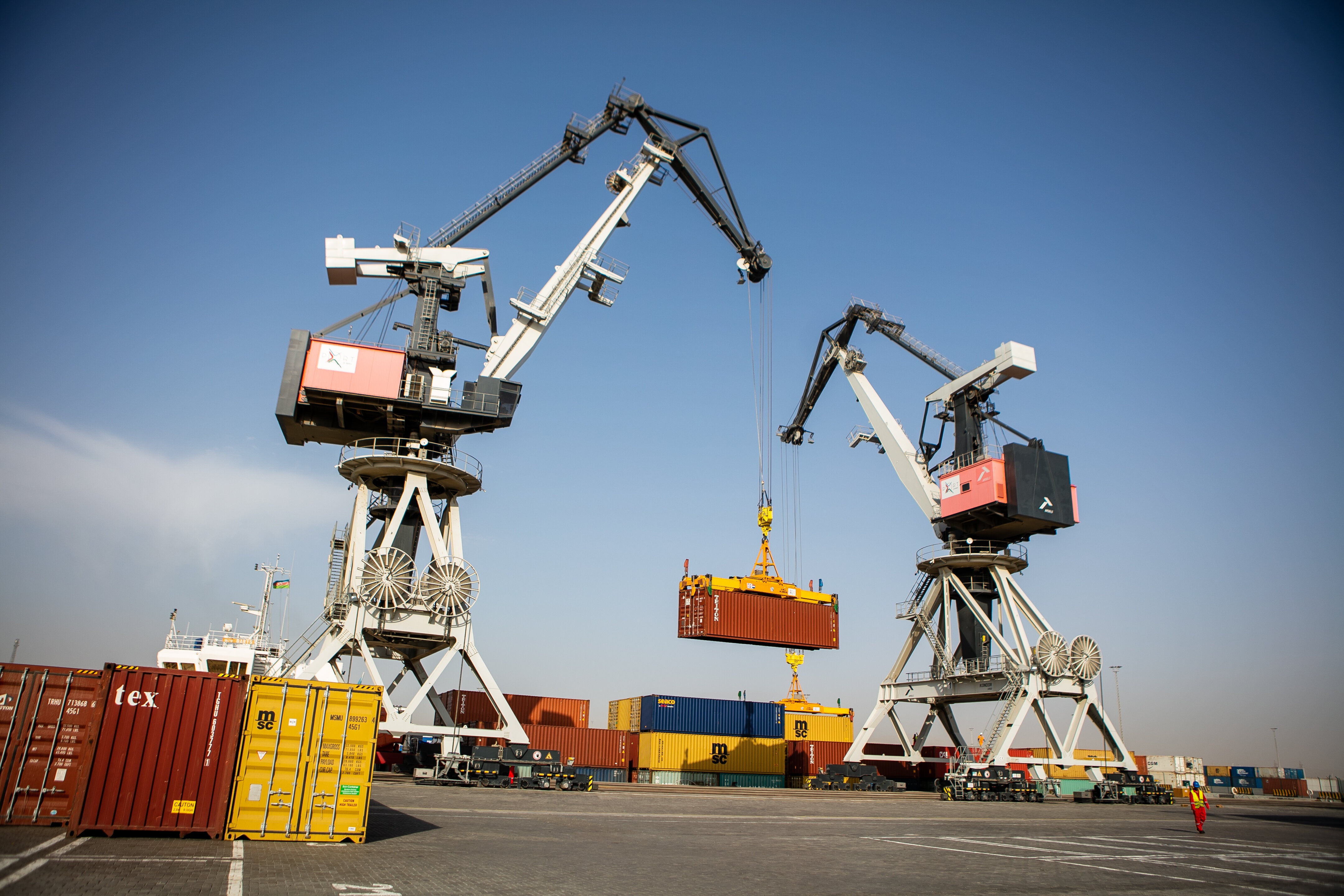
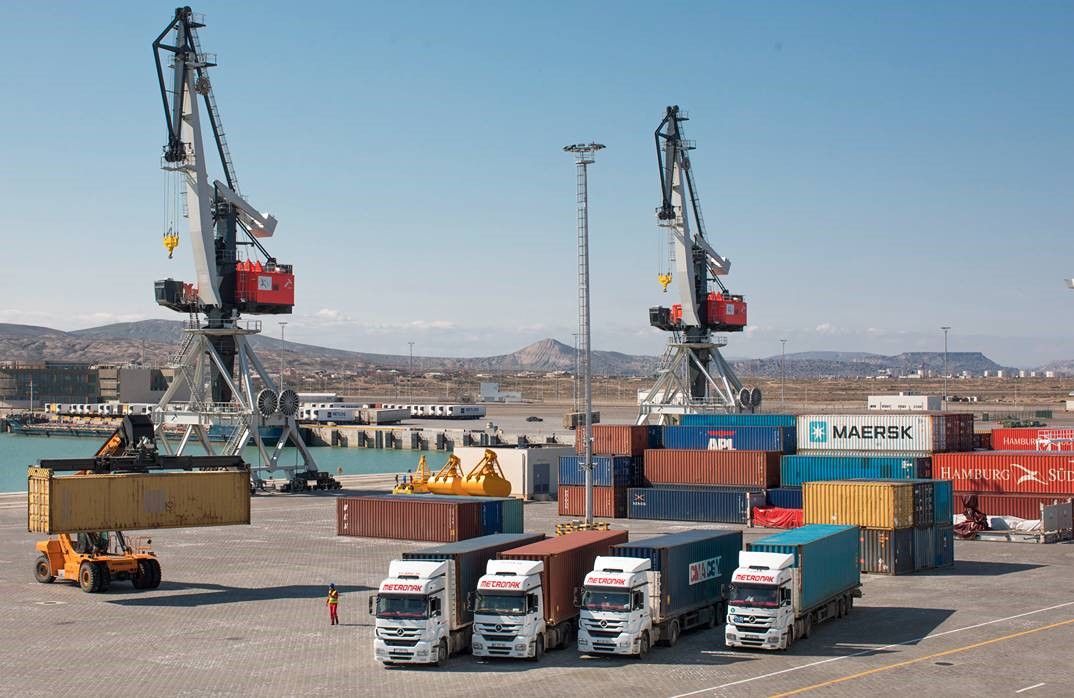
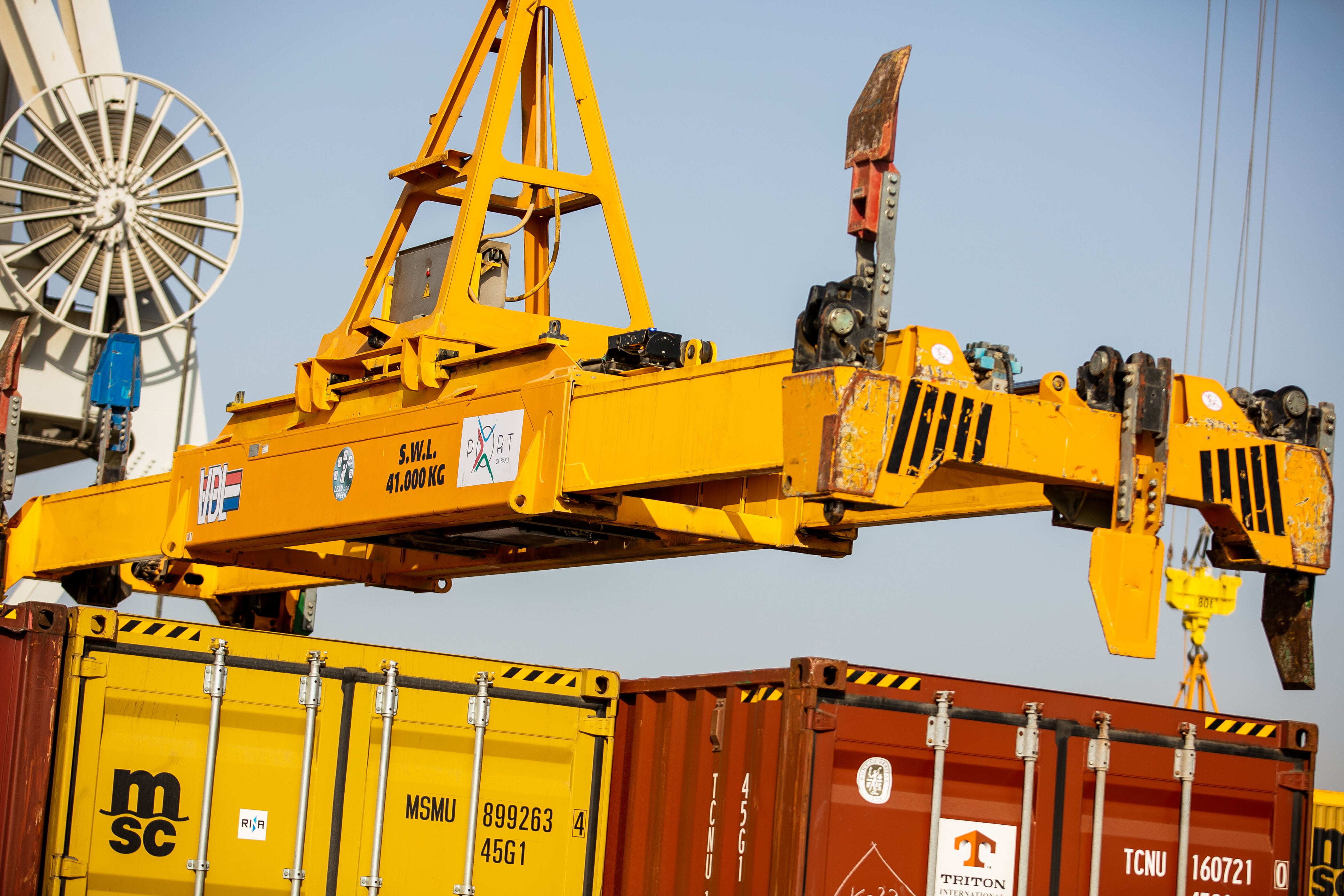
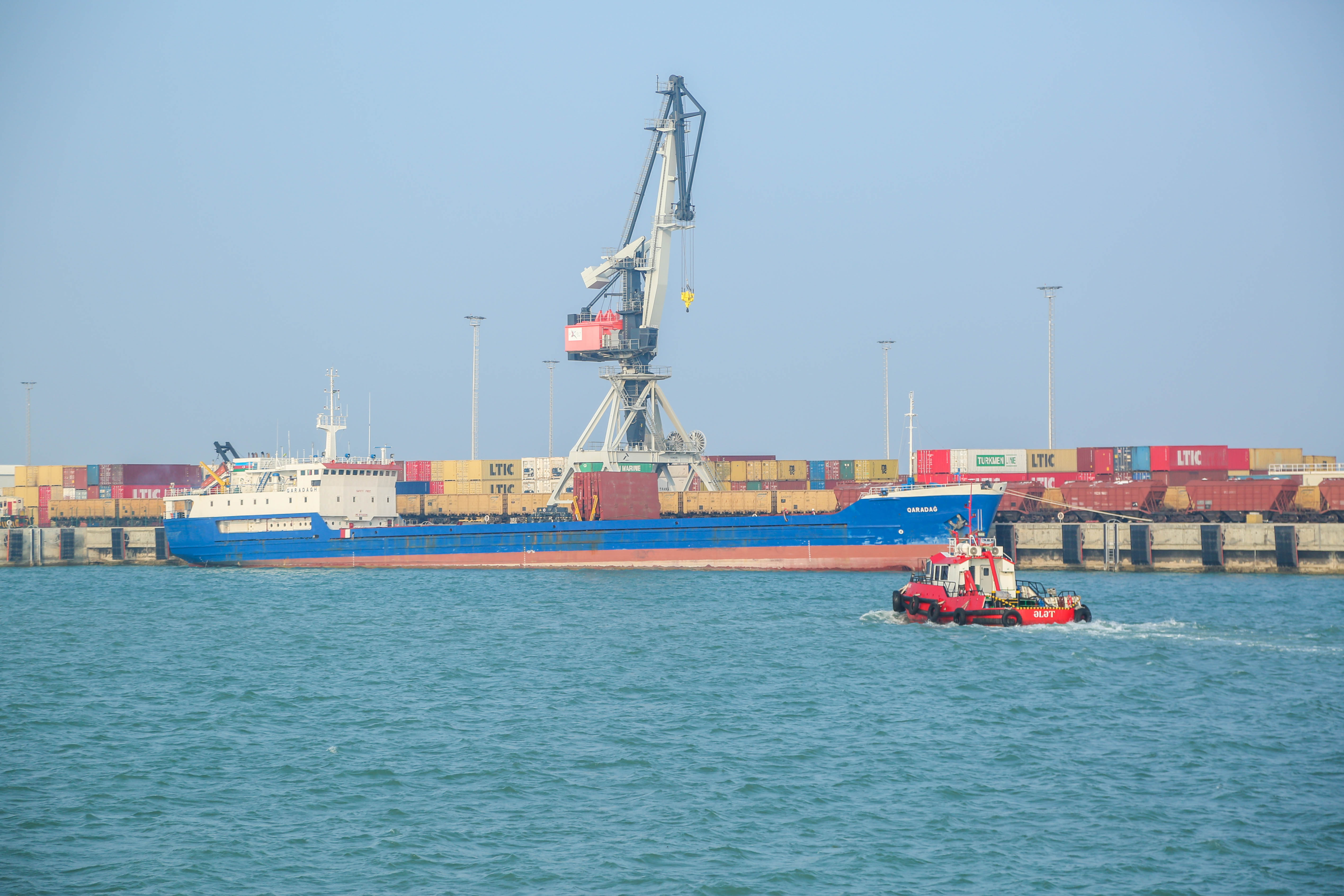
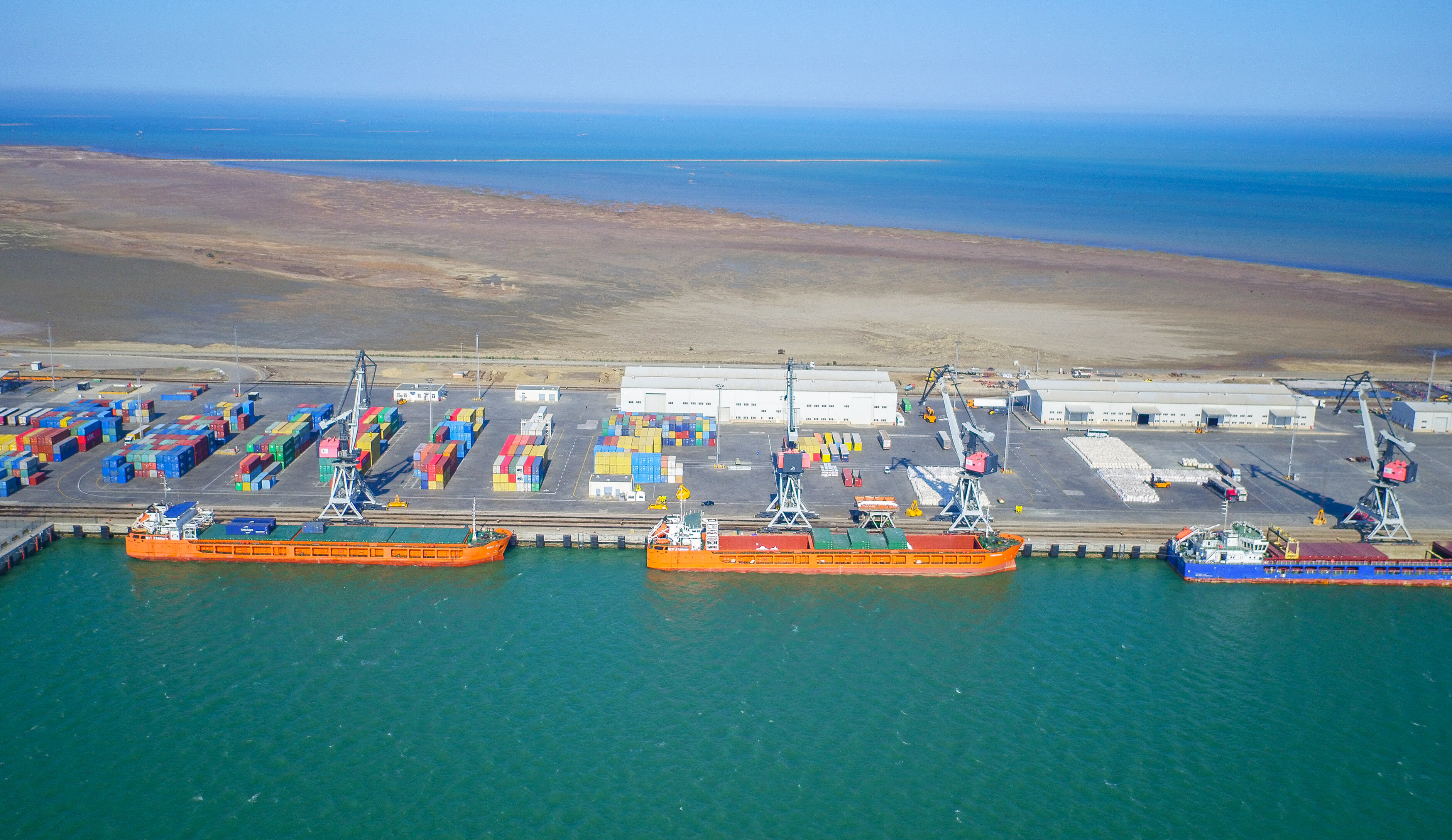
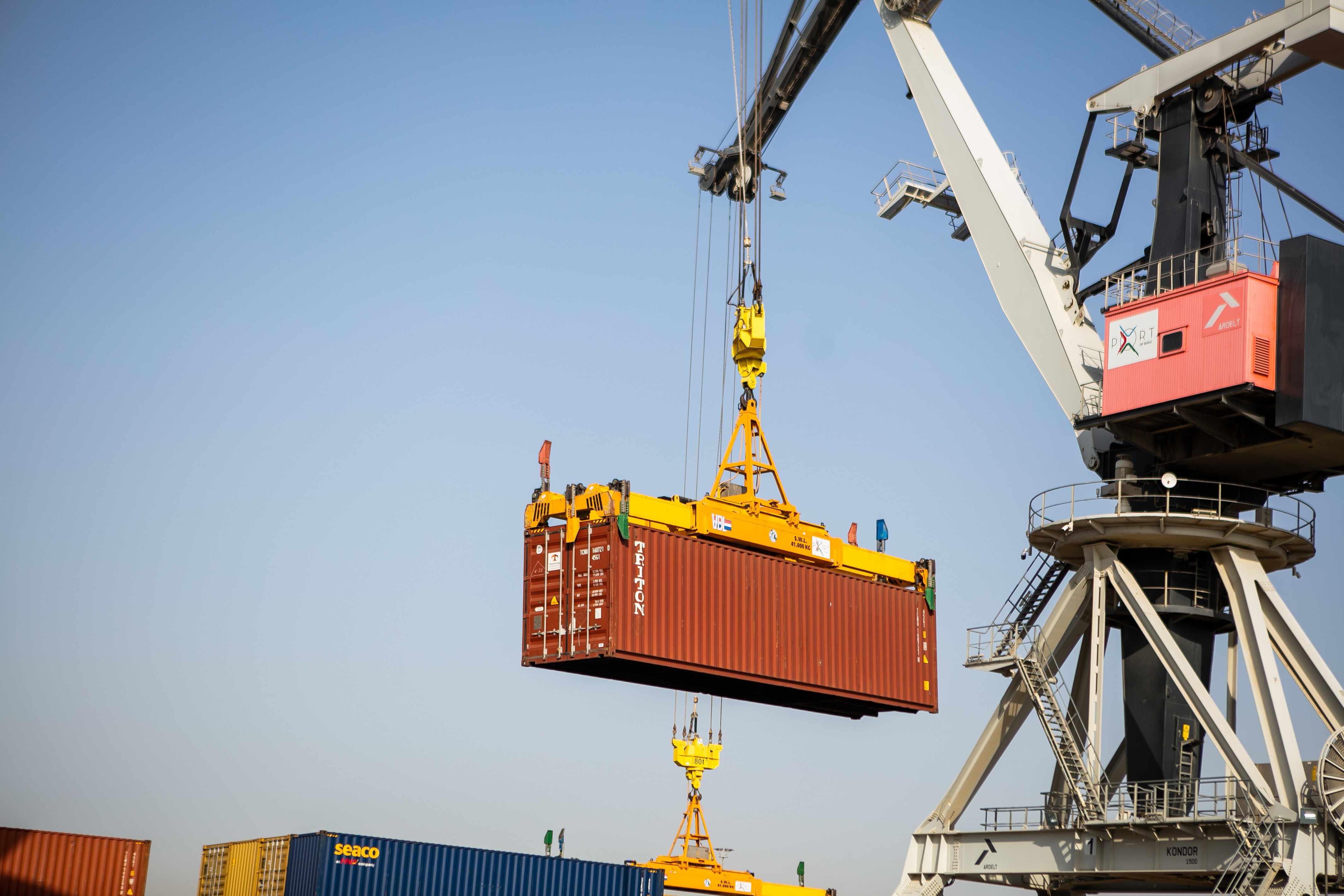
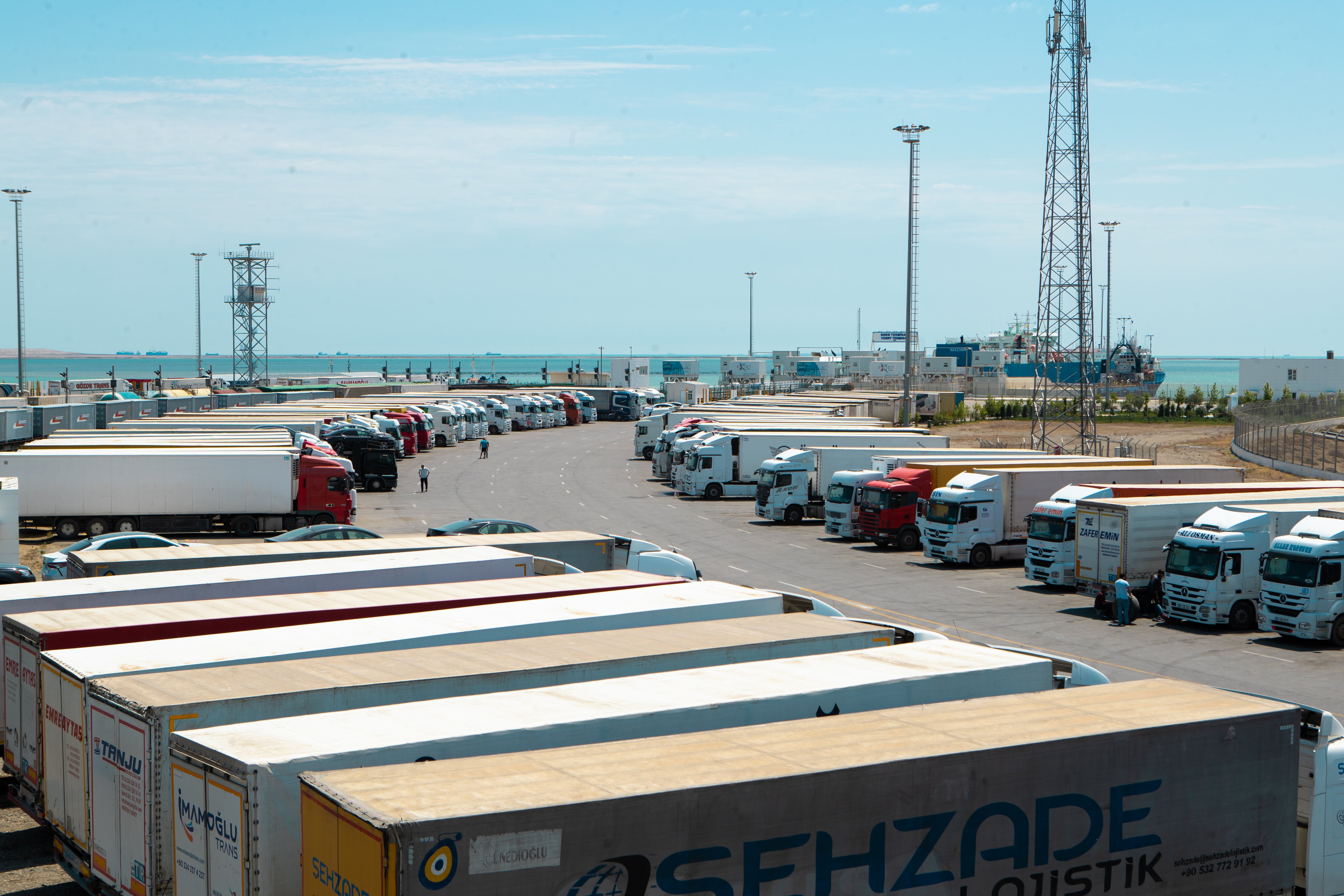
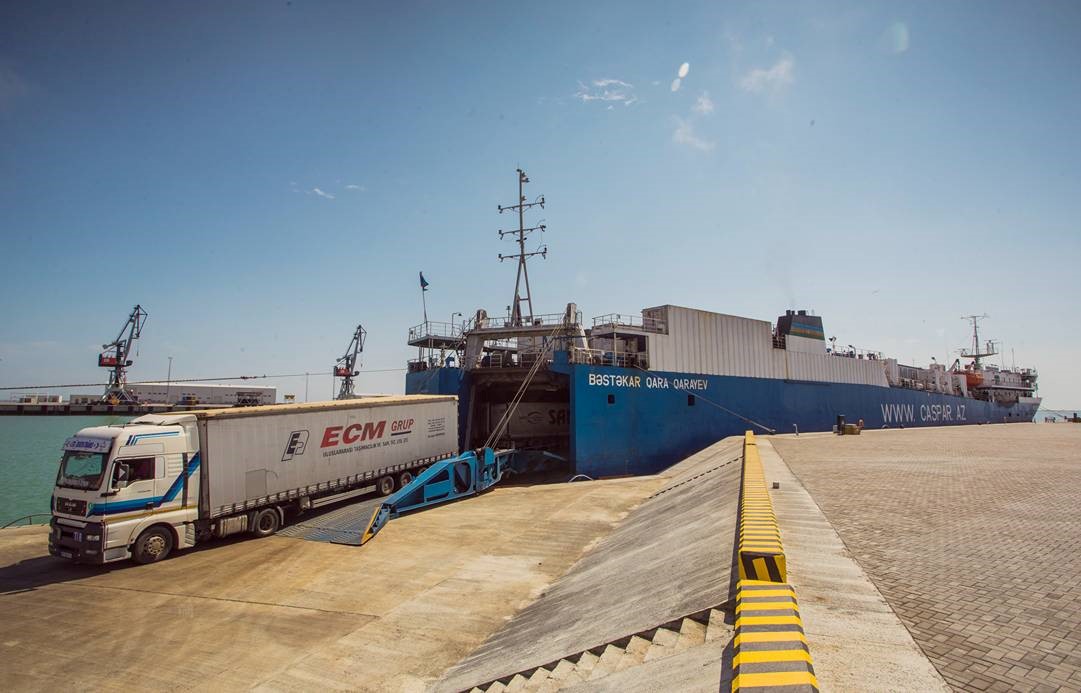
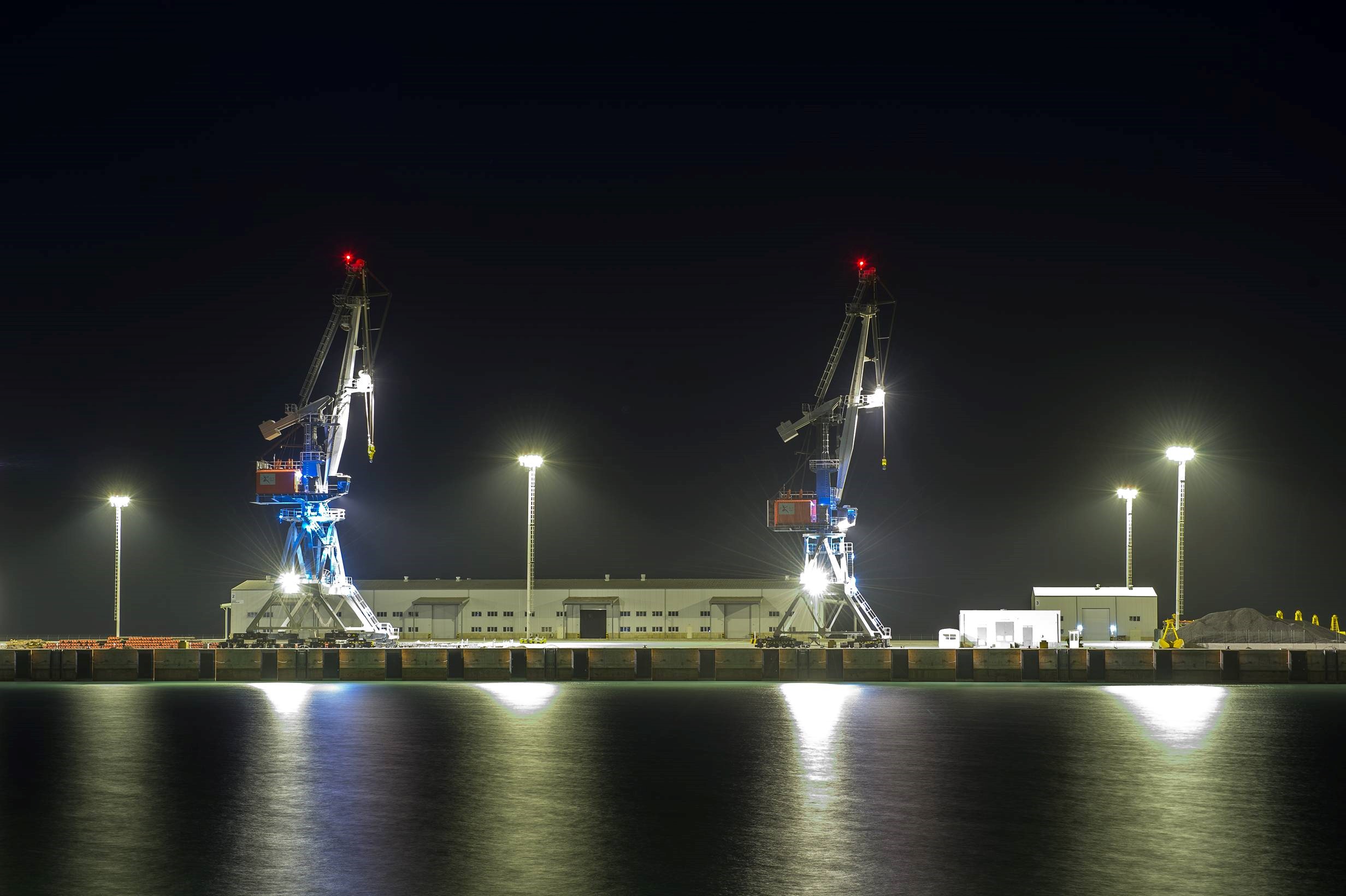
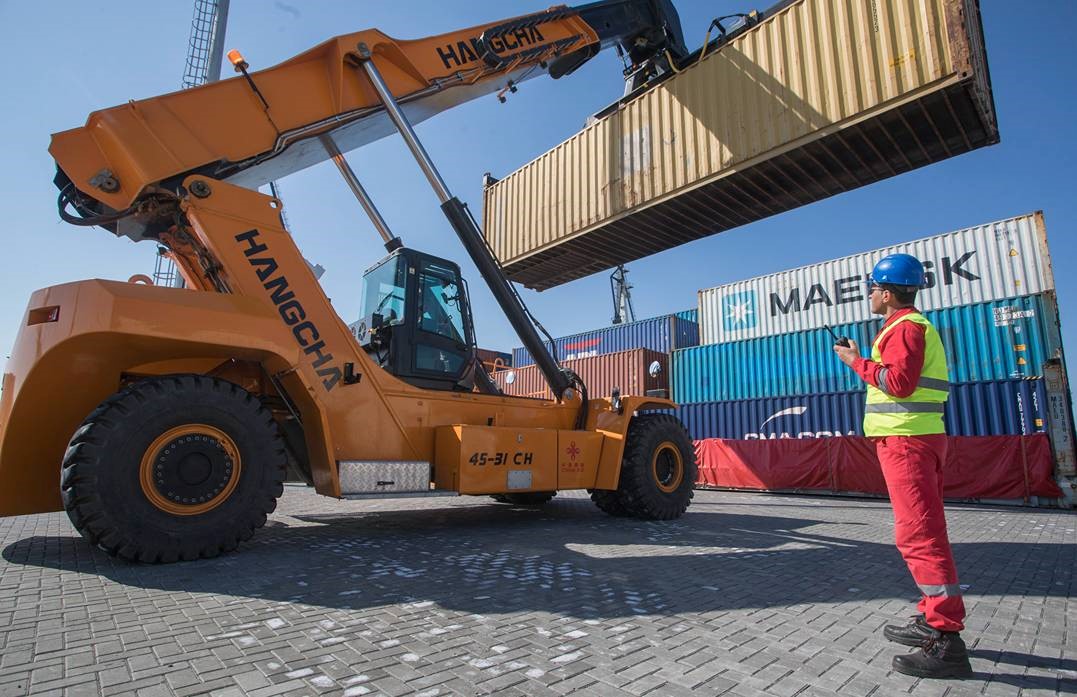
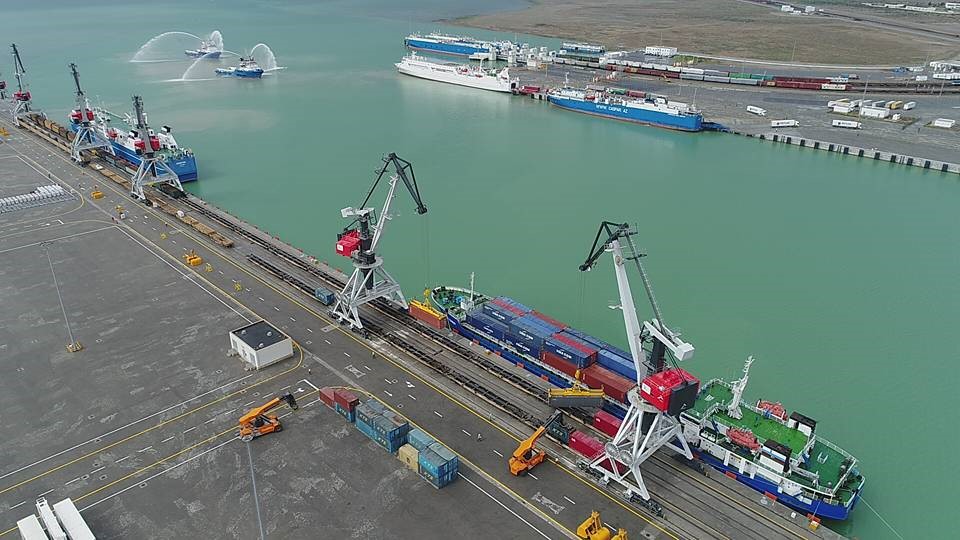
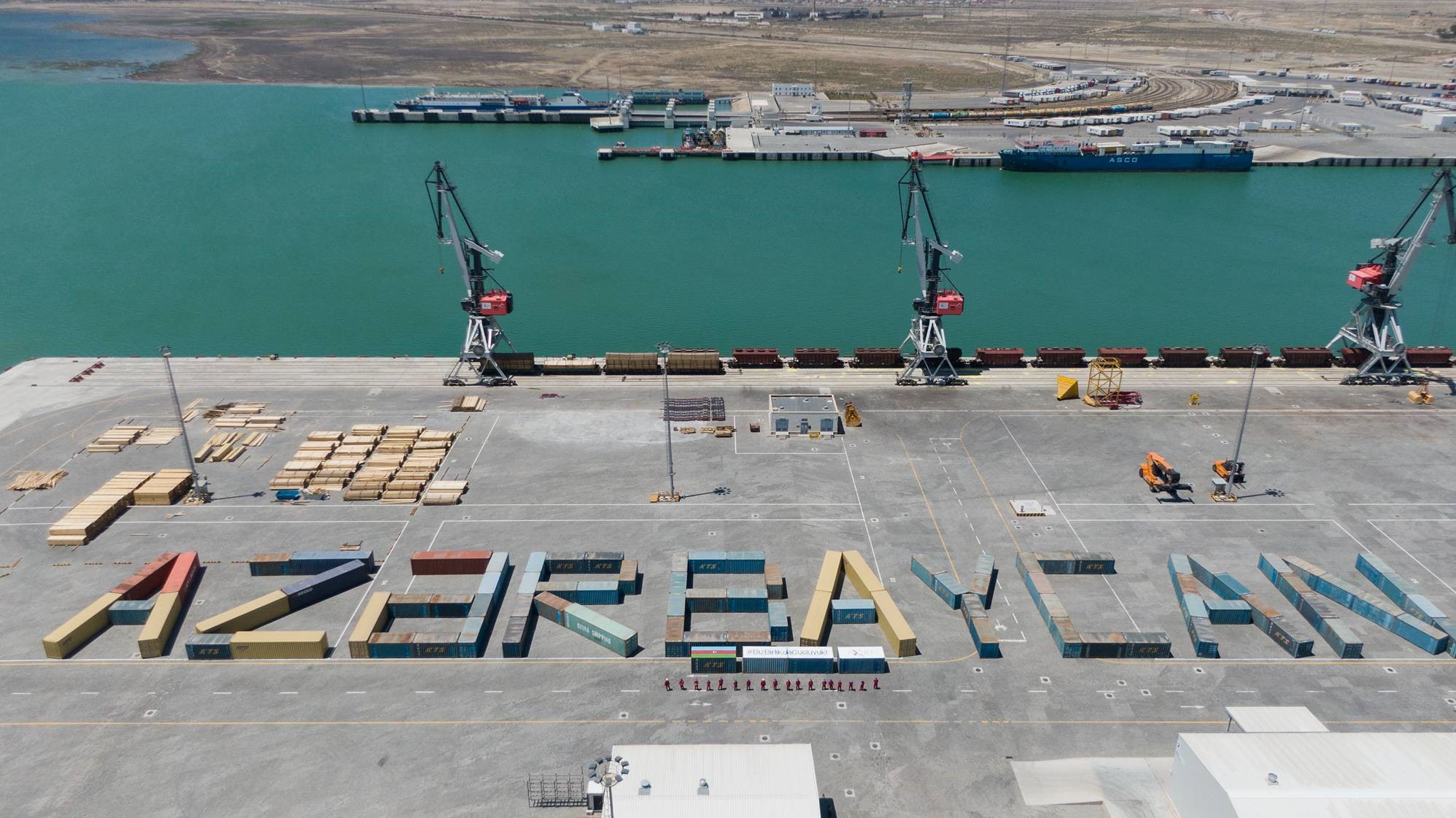
"Baku International Sea Port" LLC
The Port of Baku, located on the ancient Silk Road connecting Europe and Asia, is a prime transport and logistics hub of Eurasia. It covers an area of 400 hectares. Being an important segment of the Trans-Caspian International Transport Route, the Port of Baku with its modern operating system provides prompt cargo services, as well as has at its disposal open and covered storage facilities designed for all types of cargo. It is located 70 km from the capital Baku, at the junction of the main railways and highways of Azerbaijan and has 13 berths, including a Ro-Ro, a ferry terminal and a general cargo terminal. With the completion of the first stage of port construction in 2018, its capacity increased to 15 million tons of cargo and 100,000 TEU equivalent containers. A project for the second stage of port construction is also being developed, after the implementation of which its annual throughput capacity can be increased to 25 million tons and 500,000 TEU containers.
Furthermore, its new fertilizer terminal that will have the capacity to handle 2.5 million tons annually is under construction. Through this terminal, regular transportation of fertilizers from the countries of Central Asia, which possess them in large quantities, to the West countries through the territory of Azerbaijan will be carried out. The facility will have two warehouses with a total capacity of 60,000 tons, and state-of-the-art conveyor systems to unload the various types of fertilizers directly to warehouses or into wagons/rail hoppers at a newly designed wagon loading station. A project for the construction of a wheat terminal and a TIR parking in the port area has also been prepared.
In 2019, for the first time among the countries of the Caspian region, the Port of Baku was awarded the “Eco Ports” (Green Port) certificate of the European Sea Ports Organization, and in 2021 it successfully passed re-certification. In addition, in 2022, it joined the UN Global Compact. Thus, the strategic activity of the port is aimed to contribute to 11 of the 17 UN Sustainable Development Goals.
On February 25, 2025, the President of the Republic of Azerbaijan, Mr. Ilham Aliyev, signed a Decree on the reorganization of the Closed Joint-Stock Company "Azerbaijan Railways."
According to the Decree, in order to carry out transportation operations and logistics processes in the field of railway transport more efficiently and promptly, as well as to better meet the needs for maritime transportation, the Closed Joint-Stock Company "Azerbaijan Railways" was reorganized through the merger of the Closed Joint-Stock Company "Baku International Sea Trade Port" into it.


